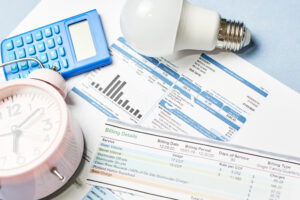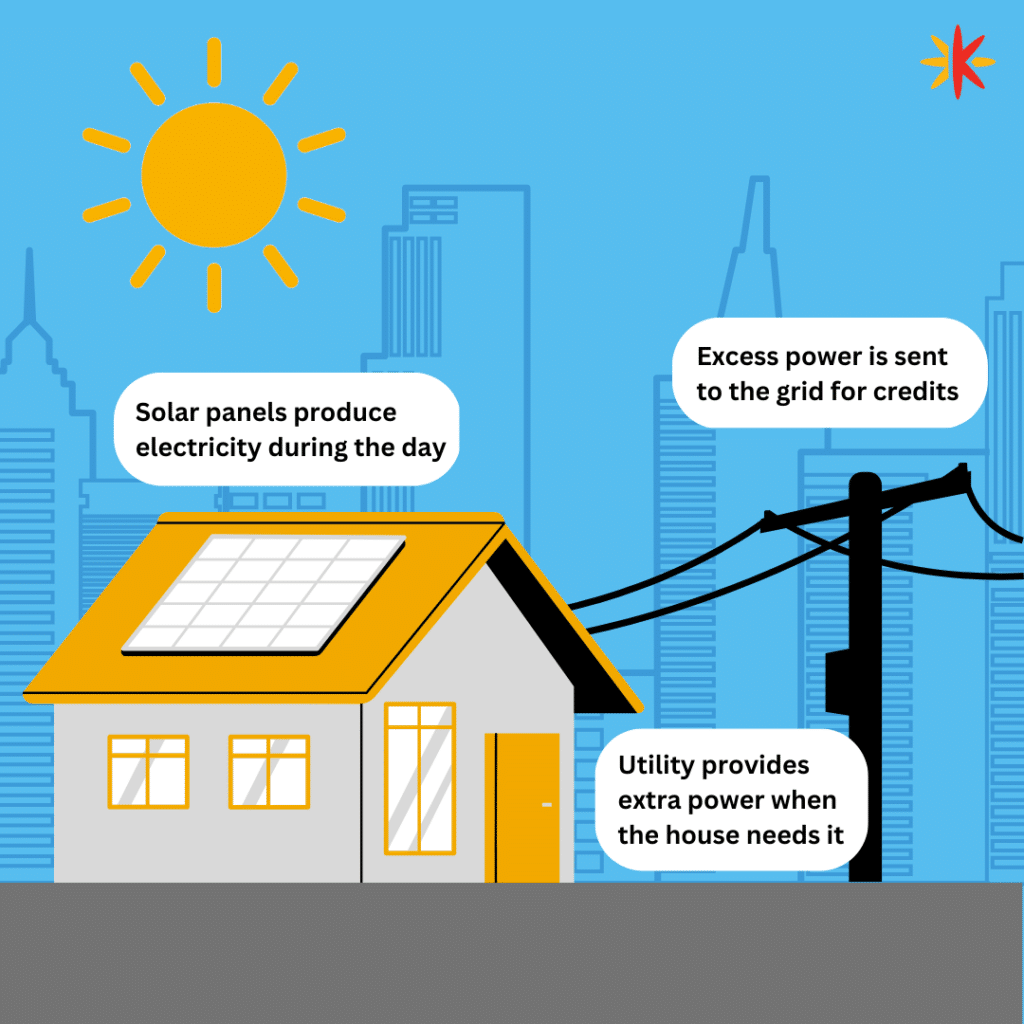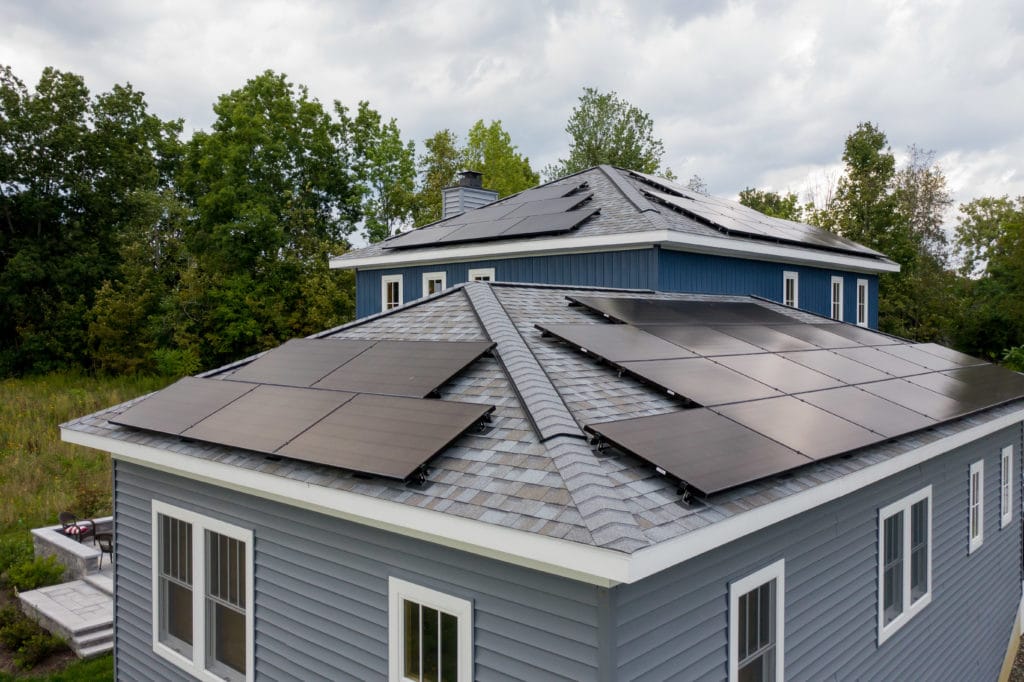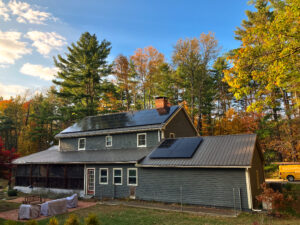
Why Energy Independence is No Longer Optional for New York Homeowners
By Steve Kasselman, CEO of Kasselman Solar New York’s power grid is approaching a breaking point. NYISO is warning of “dangerously thin” reliability margins starting summer 2026, with NYC facing a 410-650 MW shortfall that





